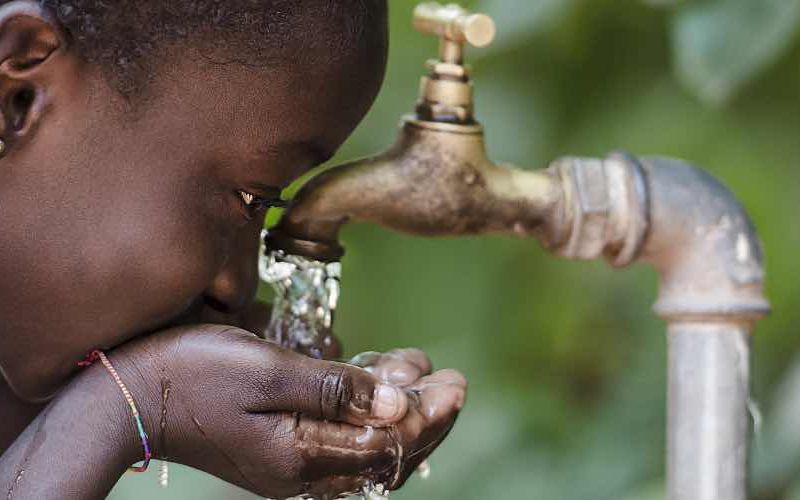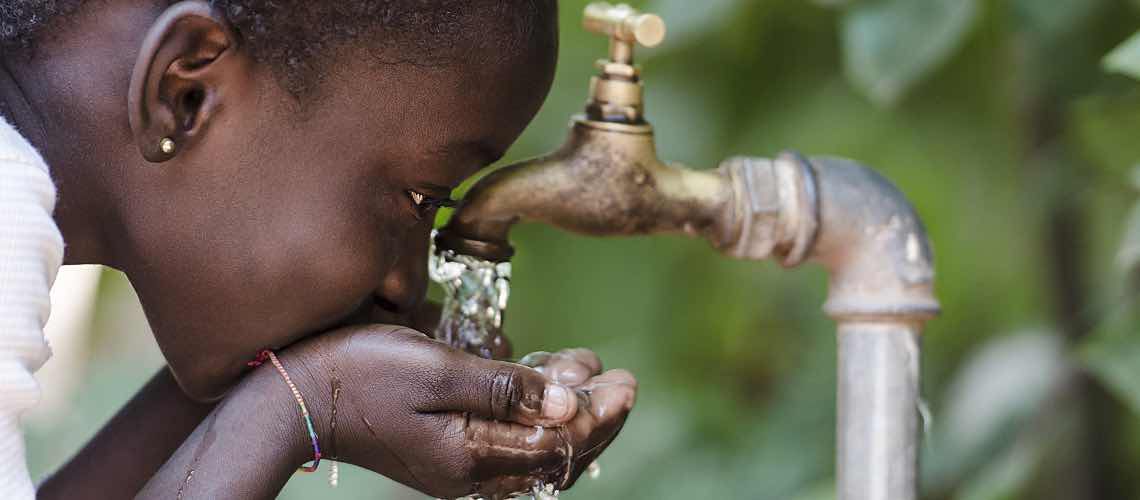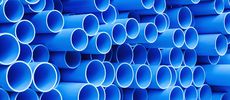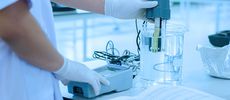charity: water and the IDEXX Foundation Tackle the Water Crisis


According to charity: water, in 2022, 771 million people worldwide don't have access to clean water. That's double the population of the United States. But nonprofit organizations like charity: water are on a mission to change that through sustainable, community-led water projects. The IDEXX Foundation is supporting charity: water's work to bring clean water to 30 communities throughout Africa and South Asia over the next three years.
The IDEXX Foundation initiated a multi-year collaboration with charity: water to advance projects in water-stressed regions. In the first year, efforts will be focused on communities in Africa. Each project will help provide access to clean water, hygiene, and improved sanitation. These projects are intended to improve community health, increase education rates, and spark economic growth by improving farming and livestock health and production capacity.
Let's take a closer look at the adverse impacts to communities caused by the lack of clean water and the work charity: water and the IDEXX Foundation are doing to make water safely available to communities in need.
The Domino Effect
To find and collect the water necessary to sustain life, women and girls in developing countries walk an average of 3.7 miles every day and typically carry back five pounds of water to their homes, according to Oxfam. Worse still, the water collected is often unsafe to drink or use, leading to the spread of diseases like cholera and dysentery.
Both the limited access to water and the quality of water collected, as well as sanitation challenges, contributes to a negative impact on livelihood choices, educational opportunities, and food scarcity in these communities. In addition, the United Nations estimates that children under 5 are 20 times more likely (on average) to die from illnesses connected to contaminated water, poor sanitation, and hygiene.
A Sustainable Solution
To free communities from this cycle, charity: water identifies the most sustainable way to address the lack of water—whether that's a piped system, a BioSand Filter, or a method for harvesting rainwater. With every water point—a location selected by local partners that considers factors like "geography, assessment of need, community participation, and long-term sustainability"—implementation partners coordinate sanitation and hygiene training and establish a local water committee. The committee tests water to confirm quality and establishes routine monitoring to ensure drinking water is safe.
The result: Community members can start businesses, grow crops, and raise livestock to help districts thrive. Children prosper thanks to better health. And the return on every $1 investment can run anywhere between $3 and $21, according to the World Health Organization and the U.N. Development Programme.
A Village Reborn
A community in Uganda offers a great example of how access to clean water can be transformational. In 2009, a rural village of several hundred people was struggling every day to access water. The group collected water from a pond that was also a source of typhoid and malaria.
A decade after the drilling of a borehole for water the village boasts a flourishing commerce center, farms with livestock, and even paved roads and power lines. Community members have started businesses to bake bread and make clothes and can now build with bricks made using the water. Children attend school. And to protect their water source, the local water committee performs preventive maintenance and repairs on the system.
Grappling With an Unfair Burden
The lack of clean water hits women and girls particularly hard. But the impacts go even further than taking away time that could be spent more productively.
Without wash water, toilets, sanitary supplies, and hygiene education, girls still in school at adolescence are likely to miss classes more often or drop out of school altogether, according to charity: water. The lack of clean water, proper sanitation, and hygiene also contributes to high rates of disease and death among mothers and newborns in the developing world.
When clean water becomes more available, women can start businesses, improve their homes, go to school, and have access to more opportunities to improve their quality of life. And they can start families knowing they and their children have a much better chance of surviving and flourishing.
Building Toward a Better Future
Clean water is as essential for living as it is for life itself. In fact, water may be the single most powerful tool to make a profound difference in income, education, and hope. There's been solid progress in providing communities with clean water in the last 16 years alone, reducing the number of those without access to clean water from 1.1 billion in 2006 to 771 million today, according to charity: water.
To help even more communities, the U.N. is targeting universal access to clean water and sanitation by 2030, as outlined in their Sustainable Development Goals. They've also identified March 22 as World Water Day.
The IDEXX Foundation will bolster the efforts and further the impact of charity: water, a powerful organization that has the underpinnings to make deep, sustainable change in the communities that need it most. Visit the IDEXX Foundation page to learn more about the areas of focus and worldwide initiatives.






